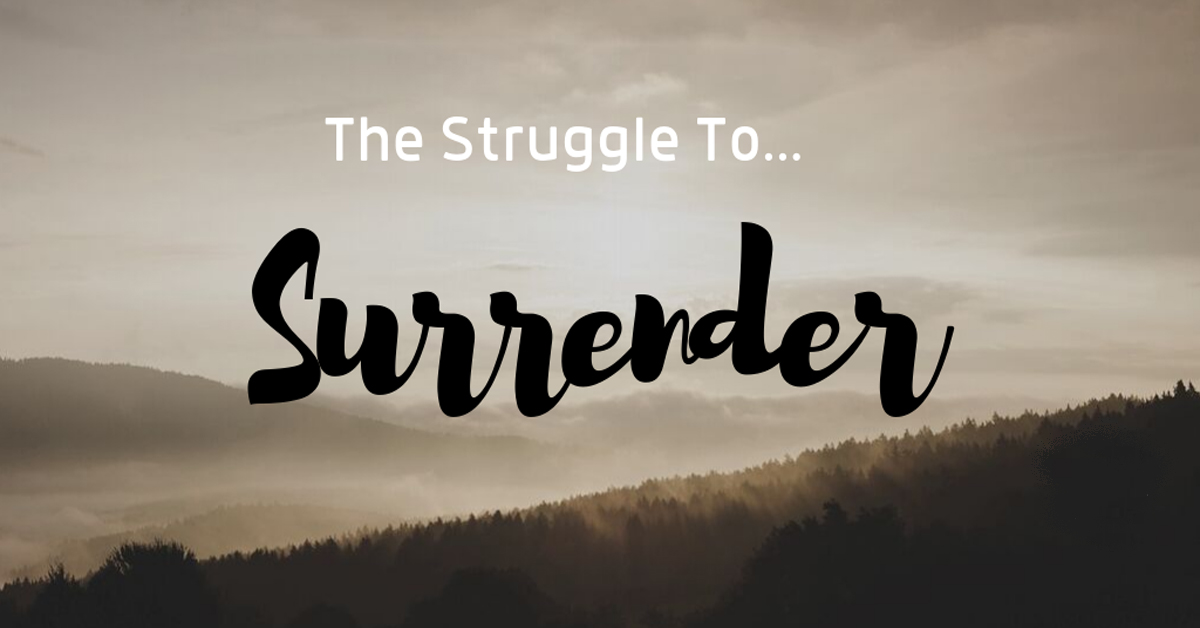Many of us like to be in control. We plan our careers, relationships, finances, and future with careful precision. But life rarely goes according to our plans, and when things don’t work out as we envisioned, it’s easy to feel frustrated, fearful, or lost.
As Christians, we are called to surrender control to God, trusting that His plan for us is better than anything we could construct ourselves. Learning to let go and allow God to lead is one of the most challenging and rewarding journeys of faith.
1. Recognizing our limitations
One of the reasons we cling to control is that it gives us a sense of security. But the Bible reminds us that our knowledge is limited.
Proverbs 16:9 “In their hearts humans plan their course, but the Lord establishes their steps.”
While it’s natural to make plans, we must remember that God’s perspective is infinitely broader than ours. He knows what lies ahead, the people we will encounter, and the experiences that will shape us. Recognizing our limitations allows us to acknowledge that we don’t have all the answers and need to rely on God’s wisdom.
2. Trusting God’s character and promises
Letting go of control requires faith in who God is. If we’re unsure of His goodness or love for us, surrender will feel impossible. The Bible is filled with promises about God’s faithfulness.
Jeremiah 29:11 “For I know the plans I have for you…plans to prosper you and not to harm you, plans to give you hope and a future.”
Trusting God’s character means believing that He is for us, that He is good, and that His plans are always for our benefit, even when we don’t understand them.
When we internalize God’s promises, surrender becomes less about “giving up” and more about releasing ourselves into the hands of a loving Father who wants what’s best for us. We learn that His strength is made perfect in our weakness, and that He is capable of leading us in ways that we never could on our own.
3. Embracing prayer as a path to surrender
Surrendering control doesn’t mean we stop planning or making decisions. Rather, it means inviting God into those plans and decisions. Prayer is a powerful tool for surrender. When we bring our hopes, fears, and desires to God, we’re actively placing our lives in His hands, trusting that He will guide us.
Philippians 4:6 “Do not be anxious about anything, but in every situation, by prayer and petition, with thanksgiving, present your requests to God.”
Through prayer, we release our need to control outcomes and submit to God’s wisdom. Prayer reminds us that we’re not alone in our journey, and it builds our faith as we see how God answers in ways we may not expect. This continual conversation with God is a daily practice of trust and reliance, helping us surrender our plans to Him.
4. Finding freedom and peace in surrender
Letting go of control can feel unsettling, but there is freedom in releasing our burdens to God.
Matthew 11:28-30 “Come to me, all you who are weary and burdened, and I will give you rest … for my yoke is easy and my burden is light.”
Surrendering doesn’t mean giving up; it means finding rest in the fact that God is in control. When we let go of our need to control every detail, we experience a peace that only God can provide. Surrender frees us from the weight of trying to make everything happen on our own. It’s an invitation to step back and allow God to move. We find that when we let God direct our path, He often leads us in unexpected and beautiful ways, reminding us that He truly is our provider and protector.
Trusting God’s plan over our own
Surrendering control is a process, one that requires faith, patience, and humility. But as we let go of our plans and trust in God’s timing and provision, we discover a life of freedom, peace, and purpose. God invites us to walk in faith, trusting that His plans are always for our good, even when they differ from our own. So, let’s choose today to release our grip, surrender our need for control, and trust the One who knows and loves us best. In His hands, our lives are safe, secure, and filled with purpose beyond what we could imagine.

